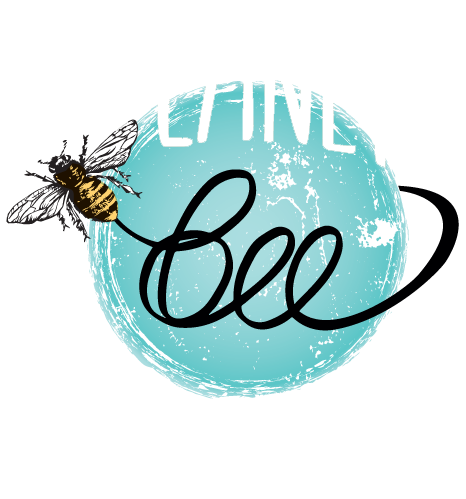
Plant for Pollinators

When you create a pollinator garden in your home or community, you're not only building a gorgeous sanctuary for humans -– you’re doing your part to help honey bees and other pollinators! Pollinator gardens planted without pesticides or fungicides increase the health of surrounding beehives and ensure all bees have a healthy food source year-round.
Planet Bee spent hours poring over the best pollinator plants native to the Bay Area and bee-yond We were excited to discover that some have medicinal uses, have been used by Native American tribes, and play host to various butterfly species!
Pollinator Plants for Every Garden
Below, we've listed some bee-loved plants that attract bees and thrive in many environments.
Lavender – Lavandula spp.
Rosemary – Rosemarinus officinalis
Sage – Salvia spp.
Coneflower – Echinacea spp.
Sunflower – Helianthus spp.
Redbud – Cercis spp.
Catnip – Nepeta spp.
Penstemon – Penstemon spp.
Lamb’s Ear – Stachys spp.
Verbena – Verbena spp.
Bells of Phacelia – Phacelia spp.
Black-eyed Susan – Rudbeckia spp.
Oregano – Origanum spp.
Yarrow – Achilliea millefolium
Honeywort - Cerinthe major
Remember, many plants that are food for pollinators are also food for humans! For instance, rosemary, verbena, and oregano are not just commonly used in cooking, but also make a fantastic addition to an herb garden. By supporting pollinators, we're not just helping them, but also ourselves –- and the result is a garden that's not just beneficial but also bee-utiful.
Why Pollinator Plants Matter
Pollinator plants are species specifically chosen for their ability to attract and nourish pollinators like bees, butterflies, moths, and hummingbirds. These plants provide essential sources of nectar, pollen, and shelter, supporting the health and reproduction of pollinator populations. In addition to their ecological importance, pollinator plants add beauty, diversity, and vitality to gardens of all sizes, creating dynamic and vibrant landscapes.
Choose the Right Plants
When selecting pollinator plants for your garden, prioritize native species whenever possible. Native plants have co-evolved with local pollinators and are well-adapted to the climate, soil, and other environmental conditions of your region. They also tend to require less maintenance and water, making them excellent choices for sustainable gardening practices. Popular pollinator plants include:
Native Wildflowers: Species like coneflowers, black-eyed Susans, milkweed, and goldenrod are beloved by bees and butterflies alike.
Herbs: Culinary herbs such as lavender, thyme, sage, and mint not only attract pollinators but also offer aromatic and flavorful additions to your kitchen.
Native Trees and Shrubs: Trees like dogwoods, redbuds, and serviceberries provide valuable sources of nectar and pollen, while shrubs like blueberries and viburnums offer food and shelter for pollinators.
Perennials: Perennial flowers such as bee balm, salvia, yarrow, and liatris provide long-lasting blooms and support pollinators throughout the growing season.
Creating Pollinator-Friendly Spaces
To maximize the benefits of pollinator plants in your garden, consider the following tips:
Plant Diversity: Aim for a variety of plants with different shapes, colors, and bloom times to attract a diverse range of pollinators.
Continuous Bloom: Select plants that bloom at different times of the year to provide a continuous food source for pollinators from spring to fall.
Provide Habitat: Incorporate features like rocks, logs, and brush piles to create nesting sites and shelter for pollinators.
Avoid Chemicals: Minimize or eliminate the use of pesticides, herbicides, and synthetic fertilizers, as these can harm pollinators and disrupt the ecological balance of your garden.
By dedicating a portion of our gardens to pollinator plants, we can play a vital role in conserving and protecting pollinator populations. Whether you have a small balcony, a suburban yard, or a sprawling estate, there are pollinator plants suited to every space and every gardener. Together, let's cultivate gardens that not only delight the senses but also nurture and sustain the invaluable creatures that share our world.
Want a longer list of plants pollinated by bees? Enter your postal code into this fantastic tool for pollinator-preferred plants specific to your region. Need a resource for organic seeds? Visit Organic Seed Finder. Do you want to garden without pesticides? We have info on that. And, of course, we have "the 101s" of becoming a backyard beekeeper.

